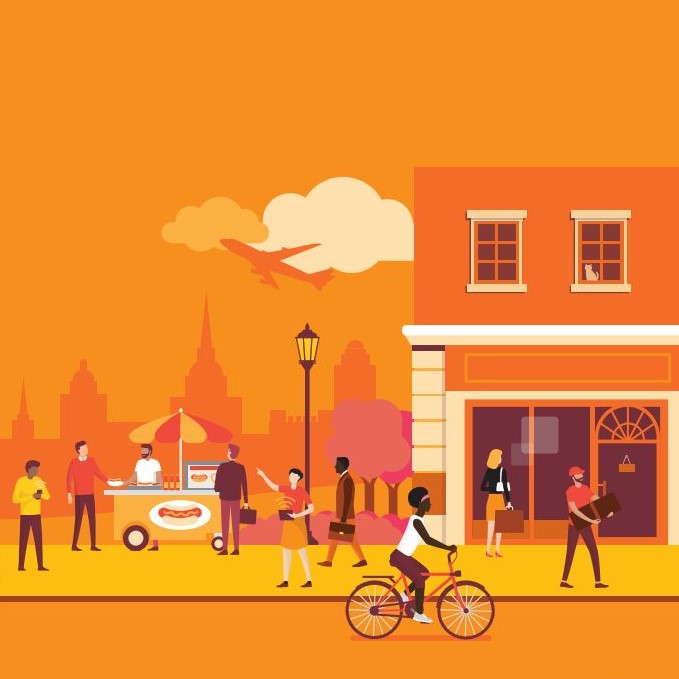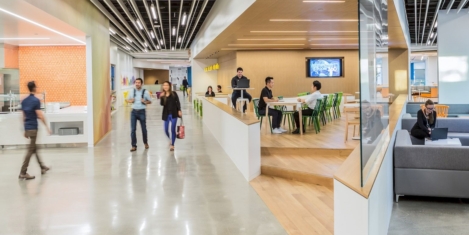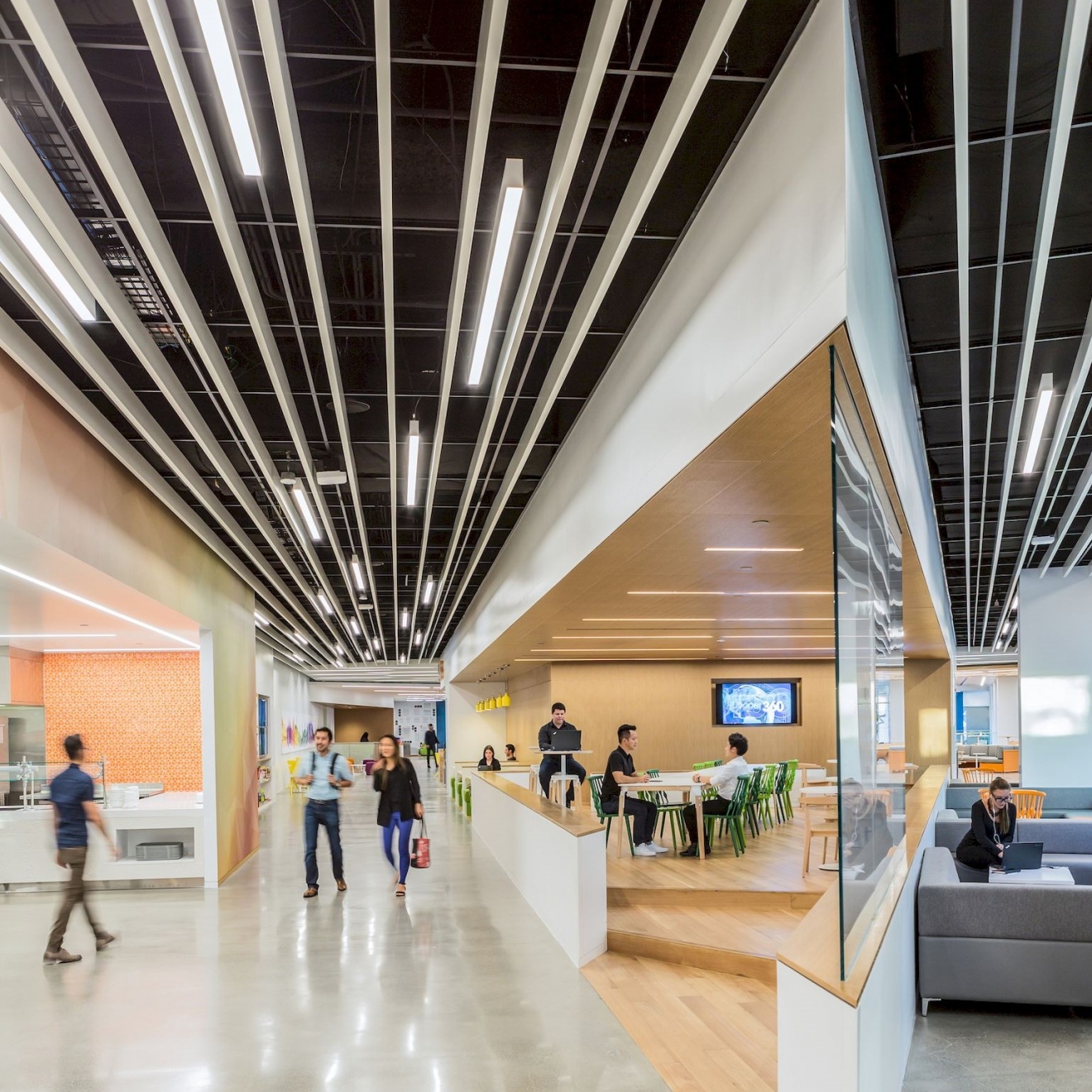To provide the best experiences, we use technologies like cookies to store and/or access device information. Consenting to these technologies will allow us to process data such as browsing behaviour or unique IDs on this site. Not consenting or withdrawing consent, may adversely affect certain features and functions.
The technical storage or access is strictly necessary for the legitimate purpose of enabling the use of a specific service explicitly requested by the subscriber or user, or for the sole purpose of carrying out the transmission of a communication over an electronic communications network.
The technical storage or access is necessary for the legitimate purpose of storing preferences that are not requested by the subscriber or user.
The technical storage or access that is used exclusively for statistical purposes.
The technical storage or access that is used exclusively for anonymous statistical purposes. Without a subpoena, voluntary compliance on the part of your Internet Service Provider, or additional records from a third party, information stored or retrieved for this purpose alone cannot usually be used to identify you.
The technical storage or access is required to create user profiles to send advertising, or to track the user on a website or across several websites for similar marketing purposes.
![]() UK employees are having to work harder to pay the bills, with the vast majority (91 percent) working beyond their contracted hours on a weekly basis and almost half (43 percent) not leaving the office or taking a break at lunchtime according to an analysis of Morgan McKinley’s Working Hours and Flexibility reports. And the growing practice of flexible working appears to be having no impact on the overworking culture.
UK employees are having to work harder to pay the bills, with the vast majority (91 percent) working beyond their contracted hours on a weekly basis and almost half (43 percent) not leaving the office or taking a break at lunchtime according to an analysis of Morgan McKinley’s Working Hours and Flexibility reports. And the growing practice of flexible working appears to be having no impact on the overworking culture.



































October 29, 2019
Workplace values matter more than career progression to young dads
by Han Son Lee • Comment, Flexible working, Wellbeing